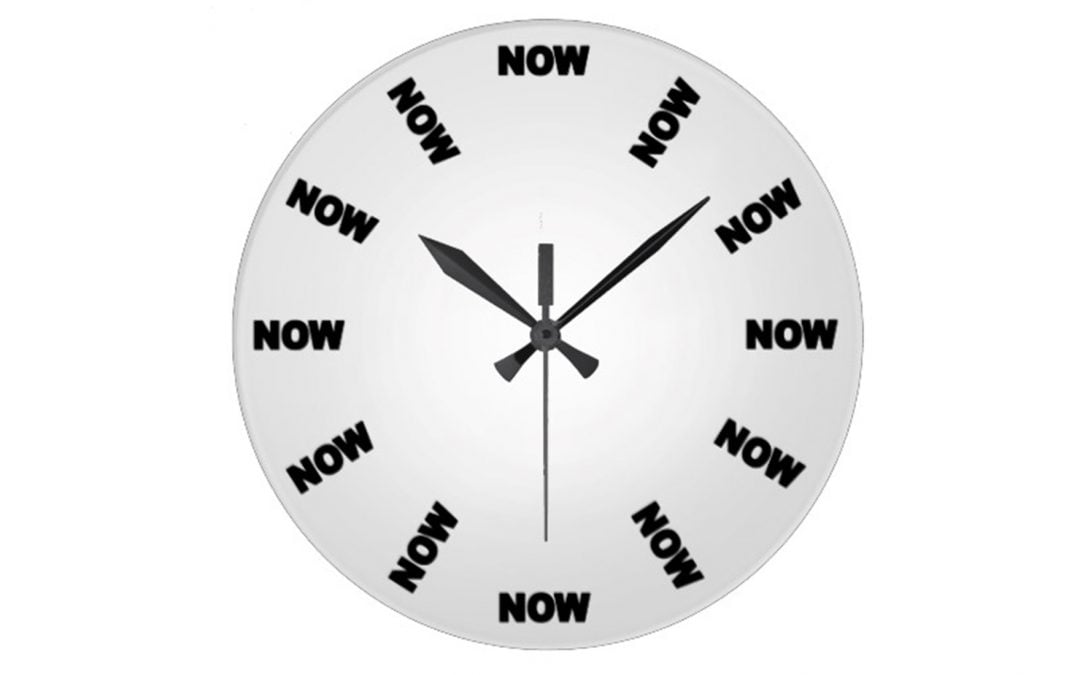I was excited to become part of UNHCR’s inaugural Innovation Fellowship programme. Excited because I wanted to learn about the “innovation process”; excited because I wanted to meet and work with other like-minded people in the organization; and excited because I wanted to share my own experiences and projects with others.
If I’m honest however, I have been a frustrated i-fellow over the last few months. Frustrated because being “innovative”, trying to do things differently from the “norm”, takes time, takes dedication and takes headspace that I haven’t always been in a place to give.
Reflecting on the year so far, on a personal note, I became a UNHCR i-fellow at a difficult time both personally and professionally. With health issues and a new job from the start of our i-fellowship year, I had to readjust my engagement from the original idea I had during the application process. But being exposed to the motivation of my fellow fellows and receiving encouragement and support from the innovation team, I am determined to see it through till the end.
But more important than my personal challenges, are my general reflections and what I have learnt so far from the process…
- Innovation takes time: Since most requests that come our way in this line of work read a bit like the clock in this picture in terms of deadlines, a commitment to “trying out something new” can be a bit challenging. Time – which means resources – needs to be dedicated to the exploration of new solutions to the challenges we face if we are serious about improving the work that we do for refugees and IDPs around the world.
- Innovation takes dedication: Because it is seemingly out of the ordinary, and by definition “trying new things” implies trial and error, we need to be dedicated to putting the innovation process into practice in our work. If solutions to challenges are not immediately apparent, we need to specify better what the actual challenge is, we need to be open to new ideas from non-experts in the field, and we need to remain open minded within reason. All of this requires dedication.
- Innovation takes headspace: More than dedication and time allocation, which are easy enough to plan and find support for, innovation takes headspace. The space to think outside the box, the room to explore less trodden paths, and the opportunity to seek out new channels and possible connections. For this reason, the “innovation process” (for want of a better phrase) is best done with others rather than alone. Nothing helps creating headspace better than bouncing ideas off colleagues and friends in safe environments where even seemingly silly ideas can lead to substantial solutions.
- Innovation requires flexibility: Working with others in this way down “less trodden paths” means innovators need to be flexible. It might not be the original idea that finally takes off, it might not be your specific contribution that makes the project “click”, and because of this we need to remain flexible throughout the process. Open to new ideas and not holding on too strongly to ideas of our own. This has been a hard lesson for me to learn!
- Innovation needs support: Lastly, and maybe most obviously, innovation needs to be supported. An environment that puts down new ideas just for being different is not a place that finds new and better ways of working. We need to hold back on the more cynical questioning and replace it with constructive criticism if we want to arrive at something – together – that might be a success.
What I hope to get across in this short blog, is that whether we are Directors or interns, working in emergencies or Headquarters, I think the above five points need to be recognized if we want to seriously bring innovation into our everyday work. Through taking part in this fellowship programme – and most significantly meeting and seeing the work of my fellow i-fellows – I’m pretty certain that without the above the status quo will remain and challenges will not find solutions.
If you’d like to repost this article on your website, please see our reposting policy.

